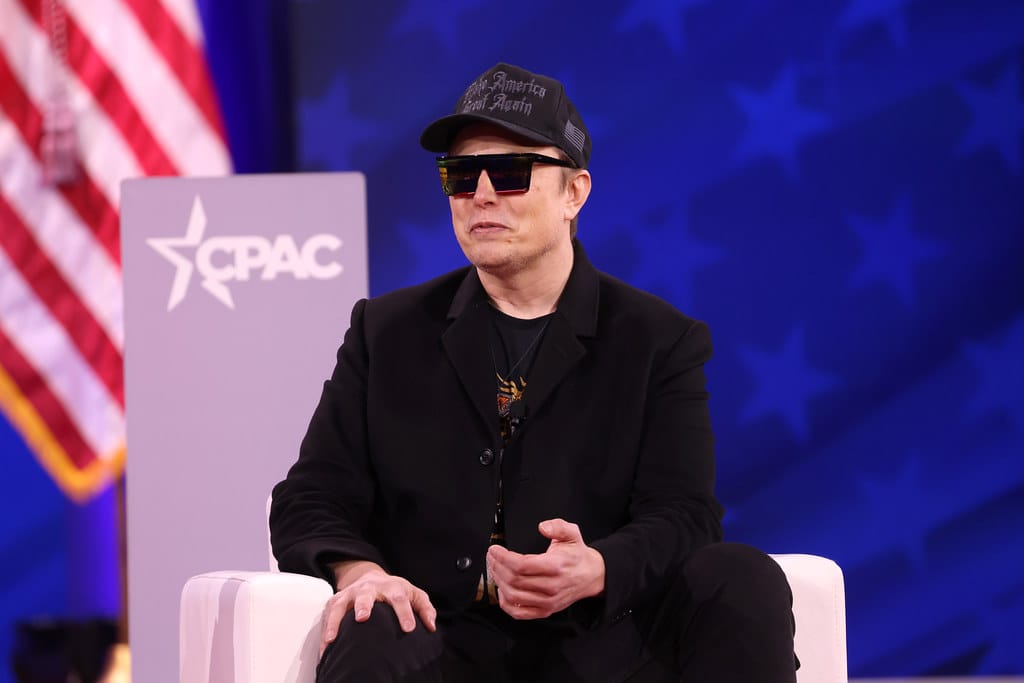Musk vs. Apple: Tech Titan Threatens Legal War Over App Store Monopoly Claims
Elon Musk has escalated his ongoing feud with Apple, threatening immediate legal action against the tech giant over what he claims are "blatant antitrust violations" related to the App Store's restrictive policies and hefty commission fees.
The world's richest man took to X (formerly Twitter) late Tuesday to announce his intention to pursue legal action against Apple, marking the latest chapter in a brewing conflict between two of technology's most influential companies. This development comes as regulatory pressure mounts globally against Apple's App Store practices, with the European Union already forcing significant changes through its Digital Markets Act.
The Core of the Dispute
Musk's grievances center on Apple's App Store policies, which require all iOS apps to use Apple's payment system and surrender up to 30% of revenue in commission fees. This "Apple tax," as critics call it, has long been a source of tension between the iPhone maker and app developers worldwide.
The conflict intensified following reports that Apple had threatened to remove X from the App Store over content moderation concerns. Musk previously claimed that Apple had "mostly stopped advertising on Twitter" and suggested the company "hates free speech in America."
Industry-Wide Implications
Musk's threatened lawsuit adds significant weight to existing antitrust pressures facing Apple. The company is already defending against multiple legal challenges:
- Epic Games vs. Apple: The gaming company's ongoing battle over Fortnite's removal from the App Store
- EU Digital Markets Act: Forcing Apple to allow alternative app stores and payment systems in Europe by 2024
- US Department of Justice: Investigating Apple's App Store practices and potential monopolistic behavior
According to recent data from Sensor Tower, Apple's App Store generated approximately $85 billion in revenue in 2023, with the company keeping between 15-30% of most transactions. This represents a significant revenue stream that Apple fiercely protects.
Musk's Growing Influence
The Tesla and SpaceX CEO's threat carries particular weight given his massive platform reach—X boasts over 500 million active users—and his demonstrated willingness to engage in high-stakes corporate battles. His acquisition of Twitter for $44 billion in 2022 showed his commitment to reshaping digital platforms according to his vision of free speech.
Musk's companies collectively represent billions in potential App Store revenue. Tesla's mobile app, SpaceX's Starlink app, and X itself all depend on Apple's iOS ecosystem to reach millions of users. This interdependence creates a complex dynamic where both companies have significant leverage.
Legal Precedent and Challenges
While Musk's antitrust claims echo arguments made by other developers, successfully challenging Apple in court remains difficult. The company has largely prevailed in previous legal battles, including the high-profile Epic Games case, where Apple was required to make only minor concessions.
However, the regulatory landscape is shifting. The EU's Digital Markets Act specifically targets "gatekeeper" platforms like Apple's App Store, mandating:
- Alternative app distribution methods
- Third-party payment systems
- Reduced restrictions on app developers
These changes could provide legal precedent for similar actions in the United States.
Apple's Response Strategy
Apple has consistently defended its App Store policies as necessary for user security and privacy. The company argues that its curated ecosystem protects users from malware and ensures quality standards that benefit both developers and consumers.
In previous statements, Apple has emphasized that the vast majority of apps pay no commission at all, with only apps generating over $1 million annually subject to the full 30% fee. The company also points to the billions it has paid to developers since the App Store's launch in 2008.
The Broader Tech War
This legal threat represents more than a business dispute—it's part of a larger ideological battle over the future of digital platforms. Musk positions himself as a champion of open systems and free speech, while Apple maintains its commitment to a controlled, secure ecosystem.
The outcome could reshape how major tech platforms operate, potentially opening new revenue streams for developers while challenging Apple's carefully constructed business model.
What's Next
As Musk prepares his legal challenge, the tech industry watches closely. A successful lawsuit could trigger a cascade of similar actions from other major developers, fundamentally altering the mobile app economy. For consumers, the battle could mean more choice in app stores and payment methods, though potentially at the cost of the security and simplicity Apple's ecosystem currently provides.
The immediate question remains whether Musk will follow through on his threat—and whether Apple will blink first in this high-stakes game of corporate chicken.

